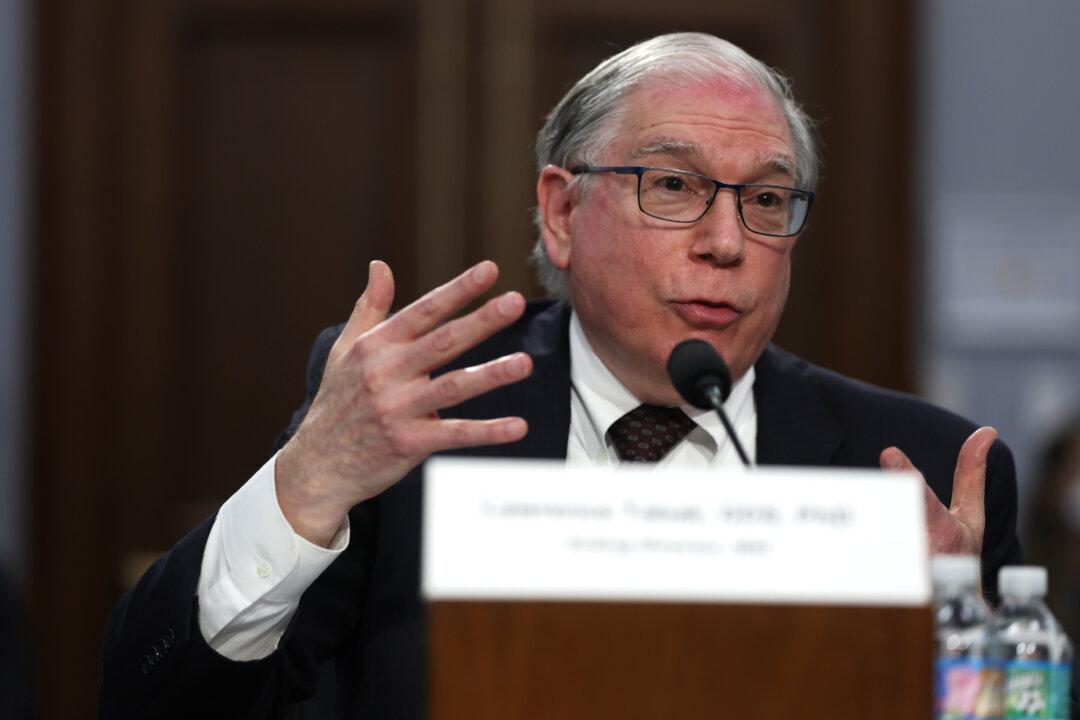U.S. National Institutes of Health (NIH) regulations on research that increases one or more aspects of a pathogen need improvement, according to a group of advisers tasked with reviewing the rules.
If experiments meet certain definitions, they are supposed to be reviewed before being funded by the U.S. government under an oversight system implemented in 2012. The system is meant to ensure that the benefits of risky experiments called gain-of-function research outweigh the risks.





